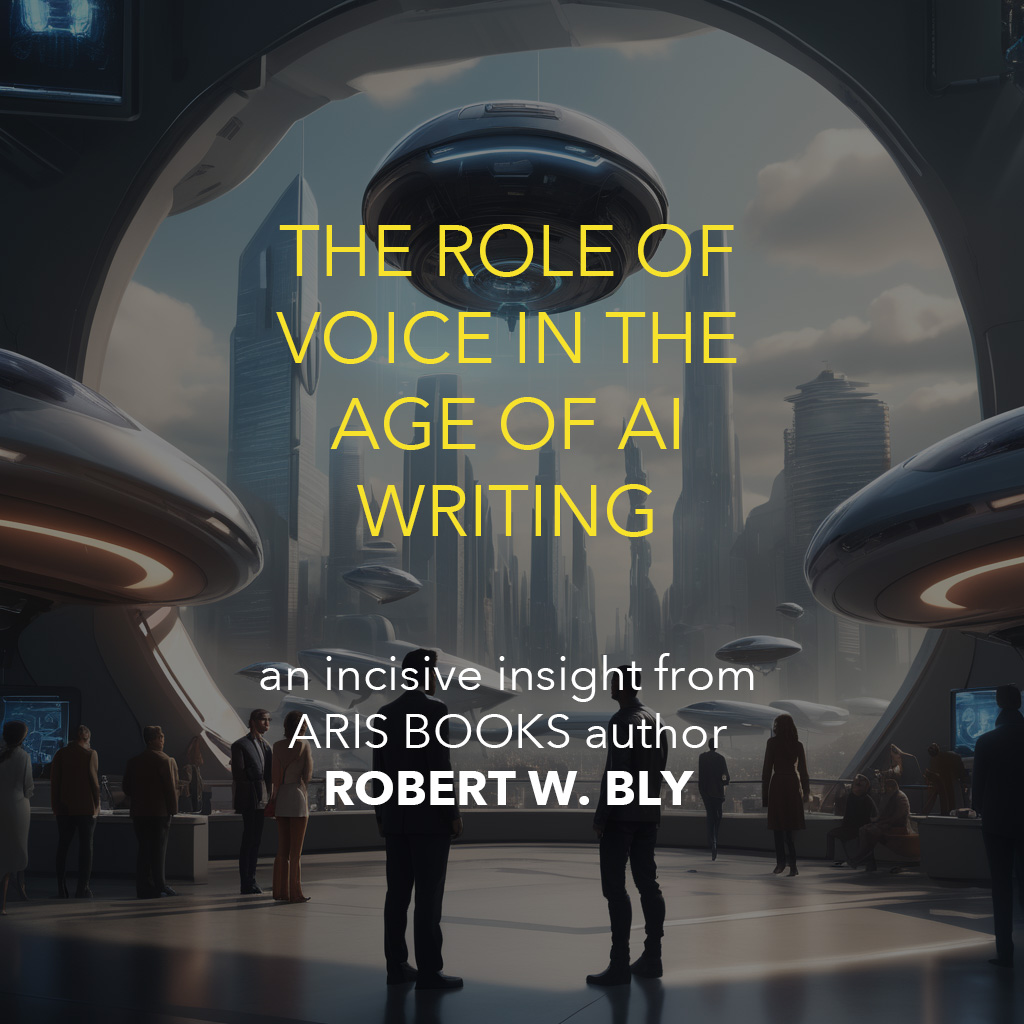In last week’s Direct Response Letter, I talked about the role of voice in your writing.
Subscriber JL responded:
“I think this is a really important topic lately and into the future because of AI. Many people have been asking me how to find their voice. So I would love to hear what you have to say about that.”
First, as to how to find your voice, I simply said:
“When you are writing, use the voice that comes naturally to you. Don’t imitate other writers. Don’t fake it. Doing so, you risk not sounding normal and natural.”
More interesting to me, though, is the implication in JL’s comments that finding your voice in the AI age may be more important than ever.
And I agree.
Why?
Because ChatGPT and other AI software lack personality
While most of us humans do have at least some sort of personality.
Possessing a personality, real people sound like real people when we write.
On the other hand, ChatGPT’s writing is often flat, lifeless, dull, and boring—or so it seems to me.
“AI-generated content can’t replicate the creative flair and tone of a real writer,” says Nick Stamoulis of Brick Marketing (2/14/24). “People write with a flair that AI simply can’t replicate, no matter how well it’s trained or programmed.”
Reason: ChatGPT has no feelings, no emotions, no personal experience of any kind—and no intelligence.
“Intelligence” is a misnomer. AI doesn’t actually think as we do.
ChatGPT is merely an algorithm that takes published writing it finds online and assembles it into AI output.
You can argue that you can infuse ChatGPT with your voice or any other voice through prompting.
However, I’m not a fan of becoming a “prompt pilot.”
Because for me, it’s just faster, easier, and more fun to write what I want to say directly rather than use ChatGPT prompts.
As I see it, prompt piloting is at best an unseemly practice, an unwholesome mental chore, and a thundering bore.
Of course, you may feel otherwise… many people do.
—
Robert W. Bly is the author of Machine Learnings: Science Fiction, Science Fact, and Landscapes in Between.



